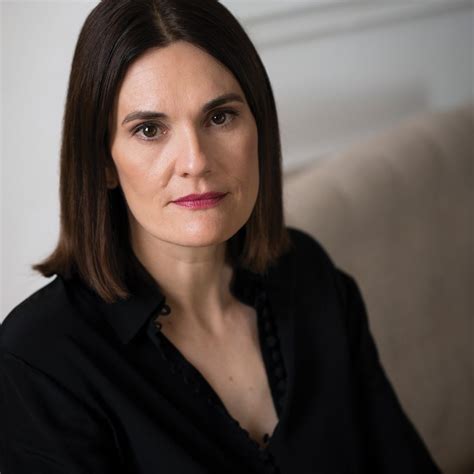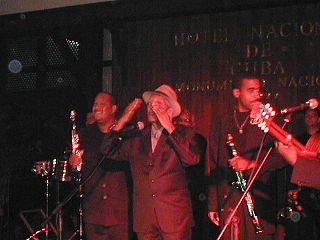A Quote by Prince Philip
Everybody was saying we must have more leisure. Now they are complaining they are unemployed.
Quote Topics
Related Quotes
It used to be that wealthy people were the leisure class, and having time off was a status symbol. That's switched now: being busy and overworked is the reality for many white-collar workers, and there's a kind of perverse currency to that, competitive busy-ness. At the other end of the income scale, there's a swath of lower-wage workers who are underemployed or unemployed, with too much unwanted leisure, and zero status for that. For shift workers, devices mean they're accessible in ways they weren't before, susceptible to that call from the boss to log more hours.
Leisure, the highest happiness upon earth, is seldom enjoyed with perfect satisfaction, except in solitude. Indolence and indifference do not always afford leisure; for true leisure is frequently found in that interval of relaxation which divides a painful duty from an agreeable recreation; a toilsome business from the more agreeable occupations of literature and philosophy.
There are two kinds of peacemakers in the modern world; and they are both, though in various ways, a nuisance. The first peacemaker is the man who goes about saying that he agrees with everybody. He confuses everybody. The second peacemaker is the man who goes about saying that everybody agrees with him. He enrages everybody. Between the two of them they produce a hundred times more disputes and distractions than we poor pugnacious people would ever have thought of in our lives.
As Western nations became more prosperous, leisure, which had been put off for several centuries in favor of the pursuit of property, the means to leisure, finally began to be of primary concern. But, in the meantime, any notion of the serious life of leisure, as well as men's taste and capacity to live it, had disappeared.






































